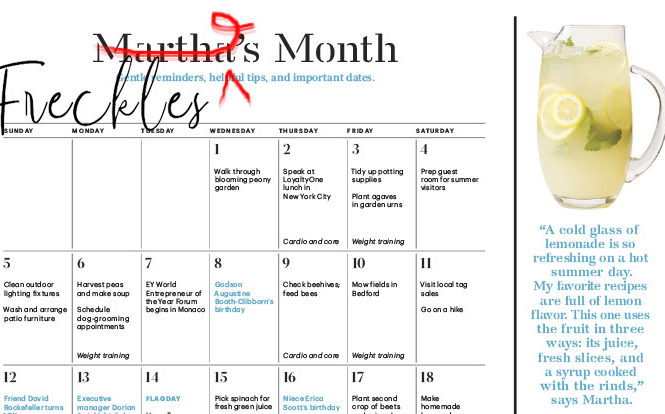Moving overseas is the kind of thing that everyone imagines themselves doing “one day,” but rarely imagine doing “tomorrow morning, with their family of four.” Yet, this is something we undertook just a month ago, leaving behind the snug pleasures of Nashville, Tennessee, in the United States, for North Fitzroy, Australia (a Melbourne inner suburb).
Though moving as far away as we seemingly could from the U.S. geographically, we were quite lucky in terms of general moving convenience. Though we’re still learning a lot of Aussie slang – for example, men’s Speedos are called (hilariously) budgie smugglers – we already basically speak the language, and the city we have begun to call our new home is consistently referred to as “one of the world’s top most livable cities.”
Still, the mental work of moving to the other side of the world (where you know exactly no one) was a daunting task, made no less so by my worrywart nature. While there were a number of practical steps we took as we prepared for our international move, the hardest part came afterwards: learning how to truly feel at home in a place that is truly foreign.
the hardest part came afterwards: learning how to truly feel at home in a place that is truly foreign.
A few years ago, Nick and I traveled to Japan, where he was invited to present at an academic conference in Tokyo. Because it was a rather last-minute decision to go, though enthusiastic to travel with him, I initially felt completely unprepared to make the most of our time there. I skimmed the library’s collection of Japanese travel guides days before our trip, only to retain only one item reliably: the Japanese phrase, “itadakimasu,” mostly because it is pronounced like an very Japanese-accented version of “eat a duck, I must.” It’s actually a heavily-used Japanese phrase that roughly translates to mean, “I humbly receive.” (not unlike when we say thank you, only it’s more for a physical thing, such as being presented with food or purchased items at a store).
Anyways, the first time I used it, it was at a restaurant, and despite me nearly whispering it for fear of getting it completely wrong, the server was so pleased with me trying to show my appreciation, even in my stilted tongue, that I resolved to use it for the rest of the trip. So I did. Even though it was one touch point, and we were there as cultural know-nothings, I decided, in that moment, to learn through participation, and so I started paying more attention to what the people surrounding us were doing, eating and seeing and trying my hand at it sometimes. Learning just that one phrase of gratefulness was the key to me starting to explore, and perhaps in some small way begin to understand, Japanese culture.
So, here in Melbourne, we also need to find our Aussie ‘ducks to eat.’ We’ve started slowly, by exploring the city, getting our library cards, enrolling the kids in school, chatting with locals at coffee shops and on public transport, subscribing to local magazines, and following Melburnians on Instagram. None of these things are earth shattering, but they are things that others who live in Melbourne do, and it can’t really steer us in the wrong direction to do them, as well. People like to crap on participation ribbons, but at the end of the day, they do mean you’ve attempted something, after all. It’s always easier to sit out, or drop out, than to try your hand at anything.
I think, like so many things, the constant trying, the not giving up, is the part that eventually leads to a breakthrough. For us, it will be the time in some future conversation when I’ll reflexively refer to Melbourne as our home – where we are really “from.”


